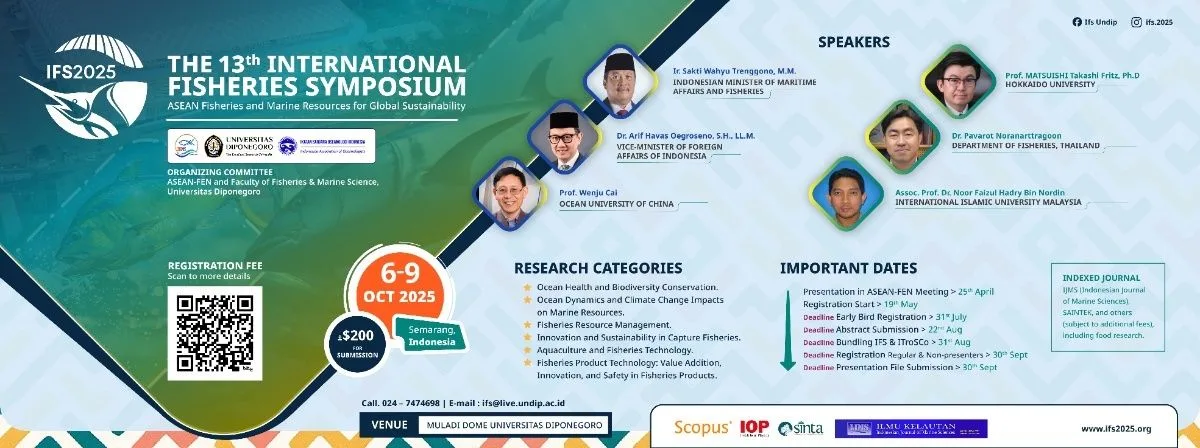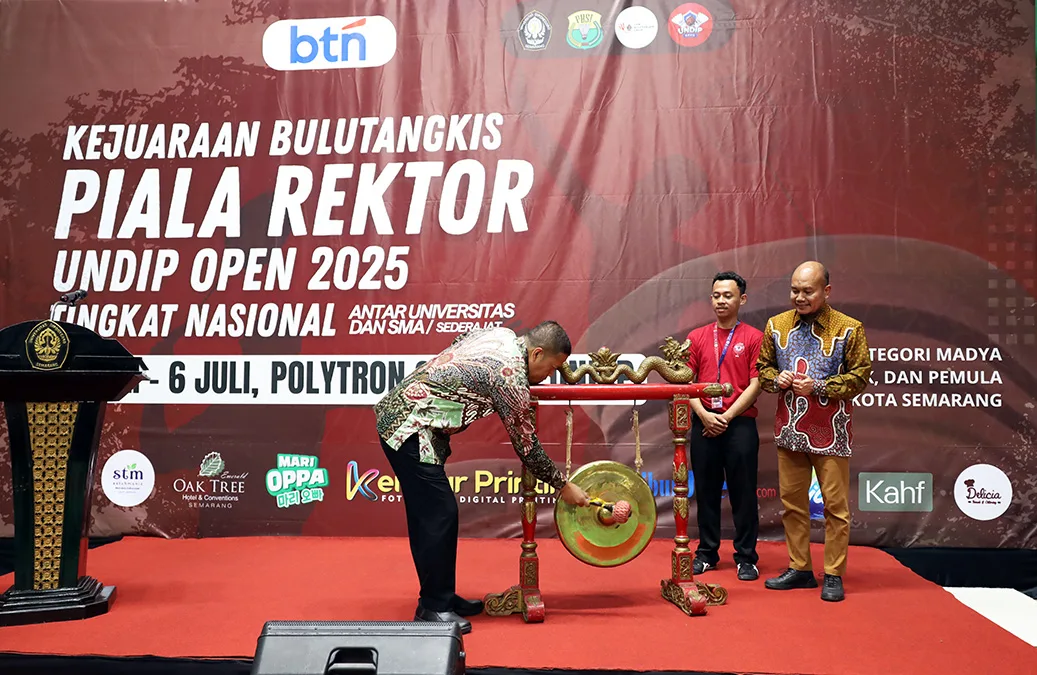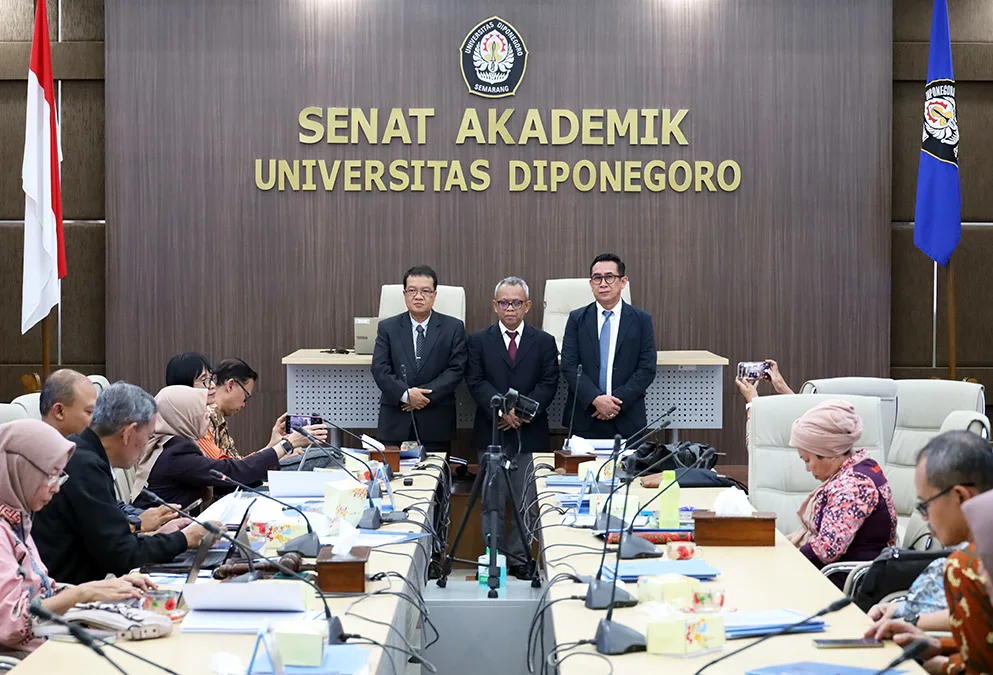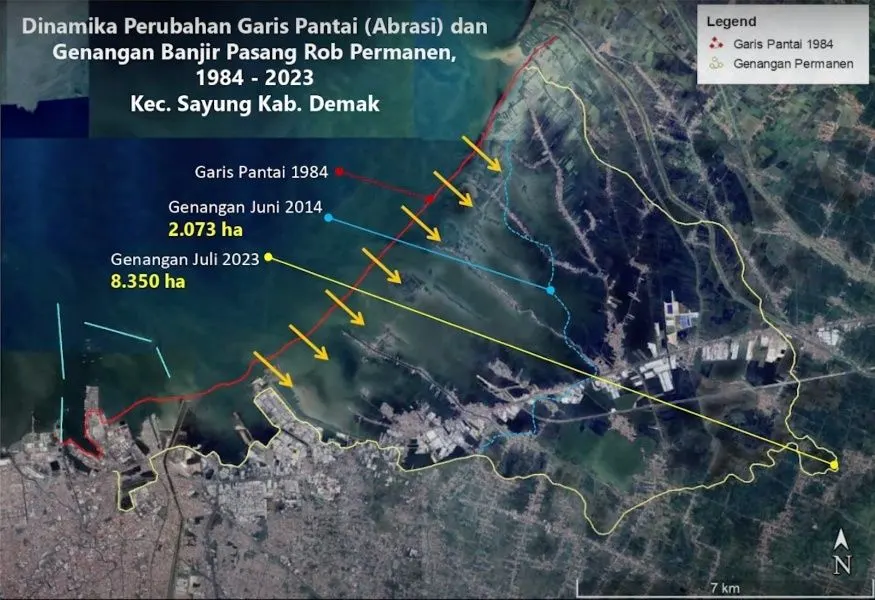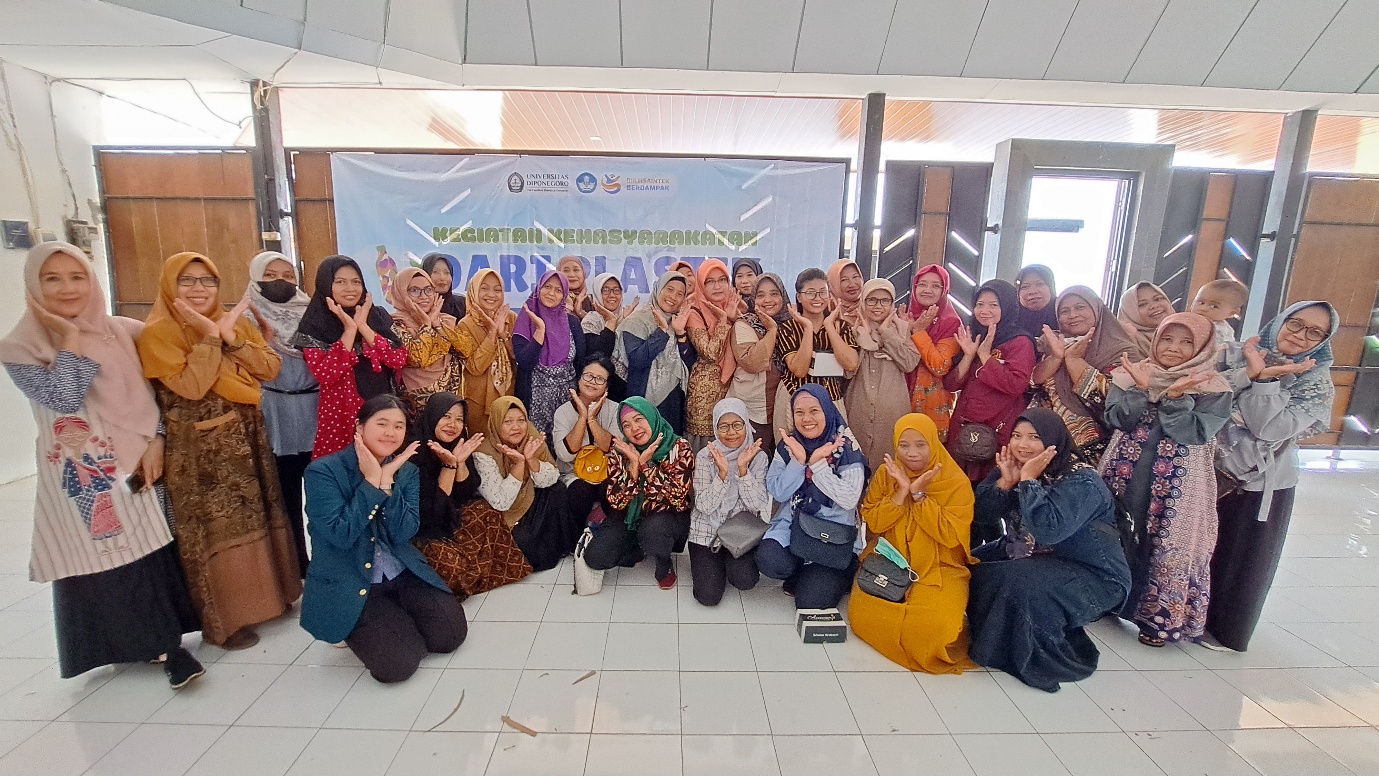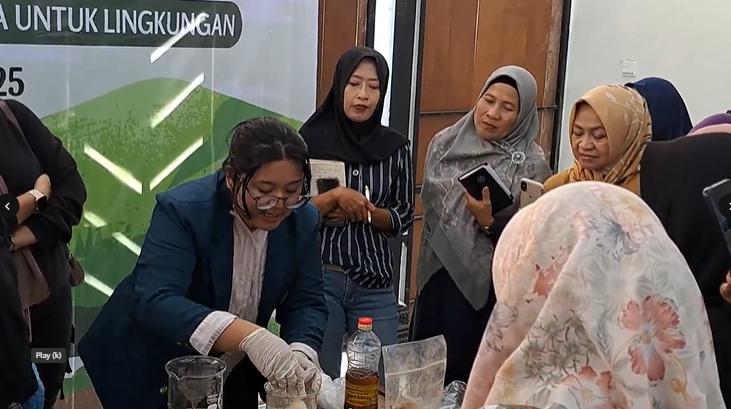Prof. Dr. Ir. Valentinus Priyo Bintoro, M Agr., is one of the Professors from the Faculty of Animal and Agricultural Sciences at Diponegoro University (FPP UNDIP) who officially entered retirement at the Purna Adi Cendekia Academic Ceremony on April 4, 2024. In this event held at Prof. Sudarto, S.H. Building, UNDIP Tembalang, he delivered a scholarly oration titled “Food Safety: The Apex Hierarchy of Food.”
As an agricultural Professor, he explained that food technology is the application of knowledge and principles learned from food science to the preparation, processing, preservation, distribution, and evaluation of food. The food production chain process includes production, processing, distribution, retailing, restaurants, restaurant consumers, and home consumers.
“Food safety can be viewed from three components: physical/organoleptic/mechanical by observing color, texture, mucus, or odor; chemical through degradation, protein, lipid oxidation; and biological/microbiological by considering the damage caused by microbes/macrobes,” explained the lecturer who contributed to the Food Engineering and Agricultural Product Laboratory at FPP UNDIP.
Food safety is crucial, given the numerous cases that occur due to unsafe food. According to data from the World Health Organization (WHO), in 2022, almost 1 in 10 people worldwide fall ill after consuming contaminated food, and 420,000 people die each year as a result.
The professor, who completed his doctoral studies at the University of Joseph Fourier, Grenoble, France, mentioned that after food safety is ensured, human demands for food include the quantity of food (food security), nutritional fulfillment in food for activities (food nutrition), food taste (food palatability), and food to support fitness (food functionality). (Titis-Public Relations)



